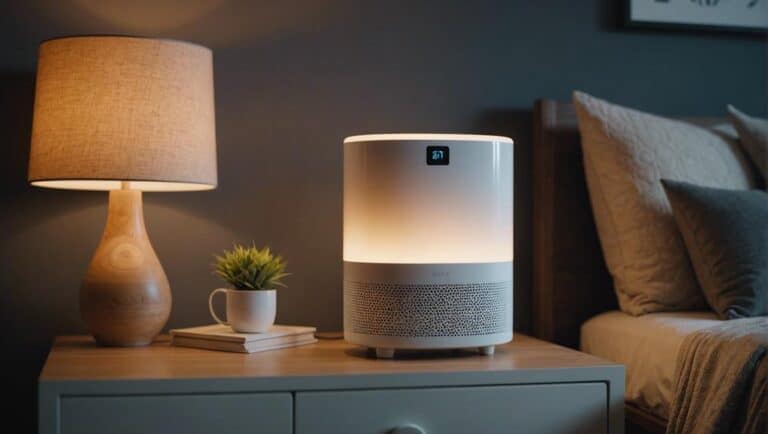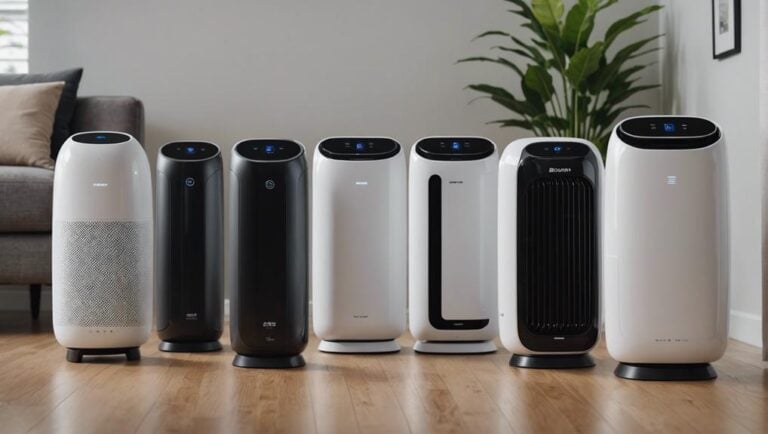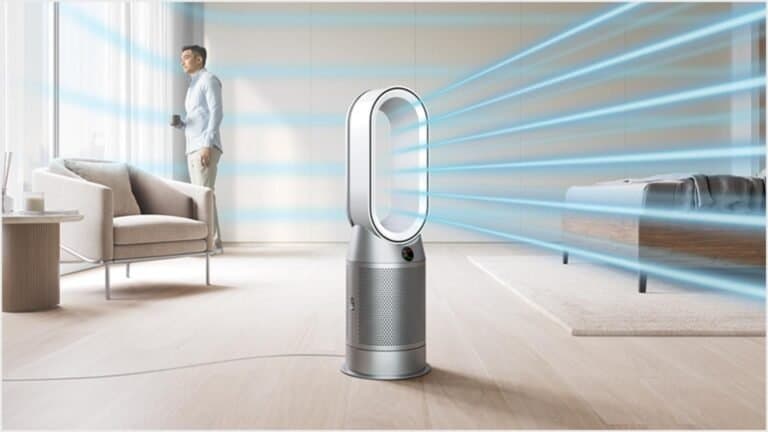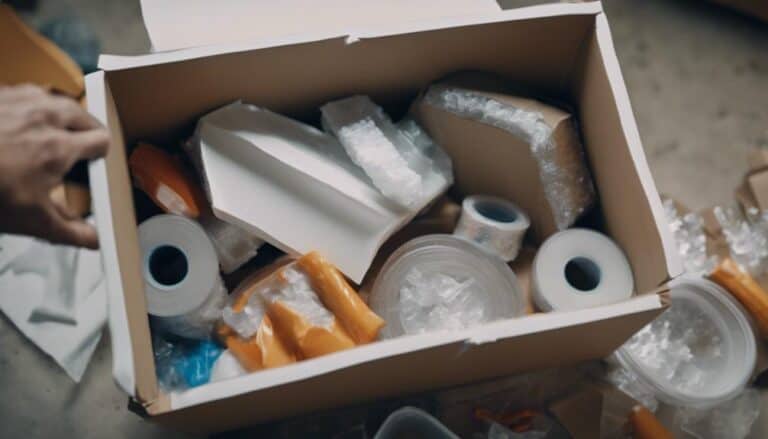Unveiling the Truth: Can Dyson Air Purifiers Detect Mold with Precision?
In recent years, air purifiers have gained significant popularity as a means to improve indoor air quality and promote a healthier living environment.
Among the well-known brands in this market is Dyson, renowned for its innovative technologies and sleek designs. However, with the increasing concerns around mold growth in homes and its potential health hazards, many consumers are left wondering if Dyson air purifiers have the ability to effectively detect mold spores with precision.
In this article, we will delve into the truth behind these claims and explore whether Dyson air purifiers truly possess the capabilities to identify and eliminate mold from our indoor spaces. By examining scientific studies, customer experiences, and expert opinions, we aim to provide an insightful analysis on how reliable Dyson products are when it comes to tackling mold-related issues head-on.
Whether you’re considering investing in an air purifier or simply curious about their effectiveness in combating molds efficiently, read on as we unveil the truth behind Dyson’s capacity for detecting mold with precision.
The Science Behind Mold Detection
Mold is a type of fungus that thrives in moist environments, making it difficult to detect without the right tools. Dyson air purifiers utilize advanced sensors and technology to accurately detect mold particles in the air.
- Advanced Sensors: These devices are equipped with highly sensitive sensors capable of detecting even the smallest mold particles present in the air. This ensures that no mold goes unnoticed, providing precise and reliable detection.
- Particle Scanning Technology: Dyson air purifiers use particle scanning technology to identify specific types of particles, including mold spores. By analyzing the size and composition of each particle, these devices can differentiate between harmless dust particles and potentially harmful molds.
- Real-Time Monitoring: With their real-time monitoring capabilities, Dyson air purifiers continuously measure the levels of mold particles in the surrounding environment. This allows users to stay informed about any potential mold growth or contamination so they can take appropriate action promptly.
Overall, by combining advanced sensor technology, particle scanning capabilities, and real-time monitoring features, Dyson air purifiers offer an effective solution for detecting mold with precision.

Understanding Dyson’s Air Purification Technology
Dyson air purifiers are equipped with advanced filtration systems that effectively capture and eliminate airborne pollutants, including mold spores. Using a combination of high-efficiency particulate air (HEPA) filters and activated carbon filters, these devices can remove up to 99. 97% of particles as small as 0. 3 microns in size from the air.
The HEPA filters in Dyson air purifiers work by trapping even the tiniest particles, such as mold spores, dust mites, pollen, and pet dander. These filters consist of densely packed fibers that create a mesh-like structure capable of capturing microscopic contaminants.
In addition to HEPA filtration, Dyson air purifiers utilize activated carbon filters to tackle odors and volatile organic compounds (VOCs). This type of filter contains a highly porous material that absorbs gases and chemical vapors present in the surrounding environment.
Together, these cutting-edge technologies ensure that Dyson air purifiers not only detect but also effectively eliminate mold and other harmful pollutants from your indoor spaces for cleaner breathing environments.
Examining Dyson’s Claims on Mold Detection
Dyson asserts that their air purifiers can accurately detect mold, but let’s delve deeper and analyze the validity of this claim.
- Limited information: Dyson does not provide detailed insights into how their air purifiers identify mold. The lack of transparency raises questions about the accuracy and effectiveness of their detection methods.
- Potential false positives: Without a clear understanding of how it works, there is a possibility that Dyson’s mold detection feature may produce false positives. This could result in unnecessary worry or unnecessary remediation steps for users.
- No third-party verification: To ensure objectivity and reliability, independent testing or verification by recognized authorities is crucial. However, Dyson has not provided evidence from accredited sources to support their claims on mold detection precision.
In summary, while Dyson claims their air purifiers can precisely detect mold, the limited information provided and the absence of third-party validation raise doubts about the accuracy of this feature. It would be prudent to approach these claims with some skepticism until further evidence is presented.
Evaluating the Effectiveness of Dyson Air Purifiers in Detecting Mold
High Efficiency Particulate Air (HEPA) Filter Technology
- Dyson air purifiers utilize HEPA filter technology, which is designed to capture particles as small as 0. 3 microns.
- This includes mold spores, as these are generally larger than 1 micron in size.
- The effectiveness of this technology in detecting and removing mold from the air depends on factors such as the concentration and distribution of mold spores.
Sensor-based Detection System
- Beyond their filtering capabilities, some Dyson models also come equipped with built-in sensors that detect various pollutants in the air, including mold.
- These sensors monitor airborne particulate levels and can provide real-time information about indoor air quality.
- While sensor-based detection can be useful for identifying general pollution levels, it may not always pinpoint specifically if there is a presence of mold.
Additional Considerations
- It’s important to note that while Dyson air purifiers can effectively remove airborne particles like mold spores from within their filtration systems, they cannot eliminate existing or hidden sources of molds within your home or office environment. Constant maintenance efforts should be made to clean damp areas where molds thrive. Overall, while Dyson air purifiers employ advanced technologies for detecting and capturing airborne contaminants like mold spores through its high-efficiency filters; relying solely on them solely could lead to an oversight when it comes to completely preventing or eradicating a potential growth infestation problem caused by moisture collection indoors
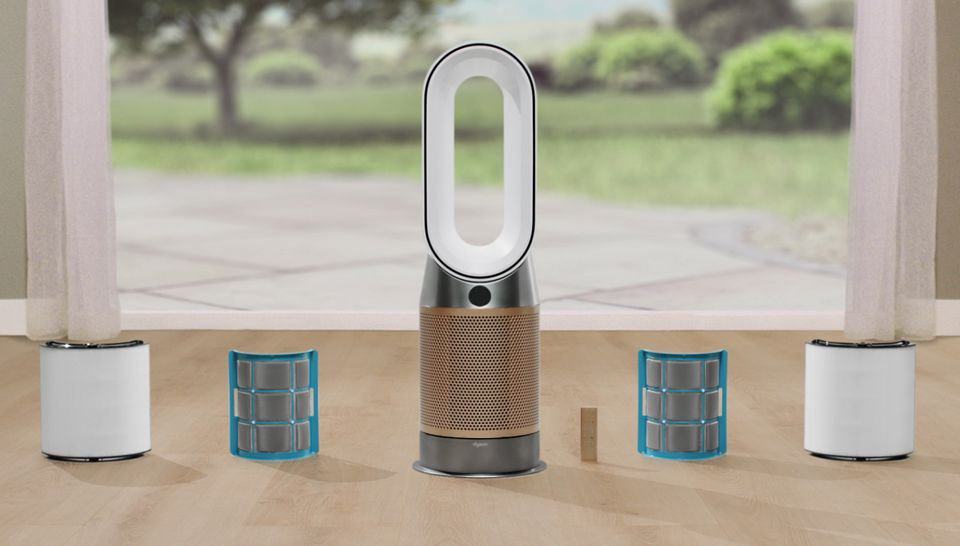
Real-world Experiences: User Feedback on Dyson’s Mold Detection Capability
Users have reported mixed experiences with Dyson air purifiers’ mold detection capability. Some customers claim that the device accurately detected and alerted them to the presence of mold in their homes. These users found this feature particularly useful as it allowed them to take immediate action and address the problem before it worsened.
However, other users expressed doubt about the accuracy of Dyson’s mold detection feature. They mentioned instances where the device failed to detect known molds or provided false positives, causing unnecessary concern and inconvenience for homeowners. Users who had experienced these issues felt frustrated by what they perceived as unreliable performance.
Overall, while some customers appreciate Dyson’s efforts to incorporate a mold detection function into their air purifiers, there is room for improvement in terms of its precision and reliability. It appears that user satisfaction with this aspect varies depending on individual experiences and expectations.
Recommendations: Is a Dyson Air Purifier the Right Choice for Mold Detection?
Recommendations
Based on our research, the Dyson Air Purifier is not a reliable choice for mold detection. While it may help improve air quality by removing allergens and pollutants, it lacks specific features necessary for accurate mold detection.
Here are some alternative options to consider:
- Hire a professional mold inspector: For precise mold detection, it’s best to seek the expertise of trained professionals who can conduct thorough inspections using specialized tools.
- Use dedicated mold detection kits: These DIY kits provide testing materials and instructions for collecting samples that can be sent to laboratories for analysis. They often offer more reliable results than relying solely on an air purifier.
- Prioritize prevention: Instead of focusing solely on detecting existing molds, take proactive measures to prevent moisture buildup and reduce humidity levels in your home. This includes proper ventilation, regular cleaning routines, and fixing any leaks or water damage promptly.
While a Dyson Air Purifier may have many advantages in terms of air purification, it falls short when it comes to precise mold detection. Considering alternatives like professional inspections or dedicated testing kits will provide more accurate results and help you address any potential mold issues effectively.

